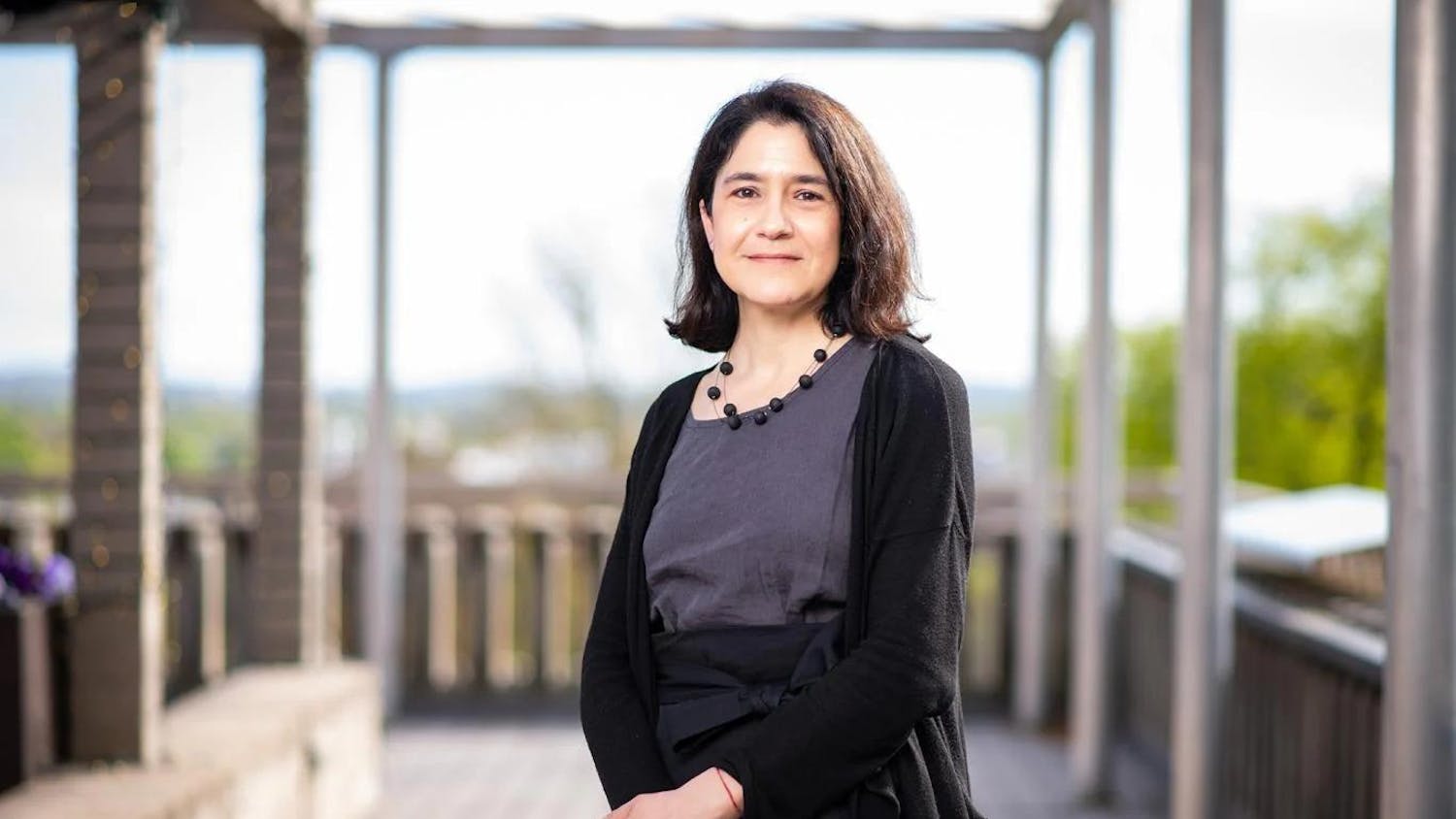This year, Tufts accepted its “most compositionally diverse” class yet, citing student identities, especially racial identities, as an indicator. However, in October 2022, the Supreme Court of the United States heard arguments regarding the future of race-conscious college admissions in cases between Students for Fair Admissions Inc. and Harvard College, as well as SFFA and the University of North Carolina.
Given the conservative Supreme Court majority’s recent history of overturning decades-old precedent, experts predict that the Court will overturn the precedent established by the 1978 Regents of the University of California v. Bakke case, which was reaffirmed in 2003, 2013 and 2016. Their ruling on this case could be announced as soon as next week or in June 2023. Depending on the decision and when it will be announced, the ruling may affect the next college admissions cycle.
Natasha Warikoo, the Lenore Stern professor in the social sciences in the Department of Sociology, studies racial and ethnic inequality in education and has authored two books on the subject in the past year:“Is Affirmative Action Fair? The Myth of Equity in College Admissions” and “Race at the Top: Asian Americans and Whites in Pursuit of the American Dream in Suburban Schools.”
Warikoo was one of 1,241 social scientists and scholars to sign an amicus brief last year in support of race-conscious admissions. She predicts that there will be a narrowing in the ability to consider race in the college admissions process, as schools will not be able to directly ask applicants what their racial identity is.
“You can have … some kind of diversity related [essay] question,” Warikoo said. “I think, like all selective college campuses, Tufts will need to do more recruiting in predominantly minority schools and areas.”
Currently, schools must demonstrate that they have tried race-neutral alternatives and that protected categories, such as race, are used sparingly in the application process.
“You have to show that your policy is what they called ‘narrowly tailored,’ and that means that it’s the most minimal use of that category as possible,” Warikoo said.
In the future, rather than including a checkbox where an applicant indicates their race, a college application may include an essay with a diversity related question. A November 2022 email to the Daily affirmed that the Tufts admissions office is considering modifications to their practices.
“The Admissions Office is evaluating various possibilities so that we are ready to make any necessary adjustments once the Court issues its decision,” Dean of Admissions JT Duck wrote. “It would not be appropriate for us to speculate about the potential impact of the Court’s ruling without knowing its exact details.”
In August 2022, Tufts signed an amicus brief along with 32 other colleges and universities calling for SCOTUS to affirm the legality of race-conscious admissions. At the time, University President Anthony Monaco wrote in a statement to the Daily that “one of the most distinctive attributes of a Tufts education is the multitude of backgrounds and perspectives that our students bring to campus that enrich the student experience.”
Duck affirmed the admissions office’s intention of “carrying out a thorough, holistic, and contextual review process in service of meeting our enrollment objectives.”
Still, the removal of race-conscious admissions has decreased the diversity of the enrolled student population. The University of California banned race-conscious admissions with Proposition 209 in 1996, and eight states have since followed. In general, according to Warikoo, these schools have been unable to return to pre-ban levels of diversity.
“We know from those states that [banning race-conscious admissions] leads to lower graduation rates for underrepresented minorities,” Warikoo said. “At those kinds of ‘reach’ schools, they’re more likely to graduate because everybody’s more likely to graduate.”
A study observing eight of the states that have banned race-conscious admissions found a 5% decline in underrepresented minorities in medical schools; Warikoo also pointed out that the race of a patient’s doctor, particularly for Black patients, has an impact on the quality of their healthcare.
“At Tufts and at most liberal colleges, administrators want to serve a broader student body [and] have racially diverse student bodies. It’s just a question of how we best do that. And that’s a tough question,” Warikoo said.
Editor's note: A previous version of this article incorrectly stated that the Supreme Court heard race-conscious admissions case arguments in October 2023. October 2023 has not yet occurred, so that would be impossible. The cases were heard in October 2022.






